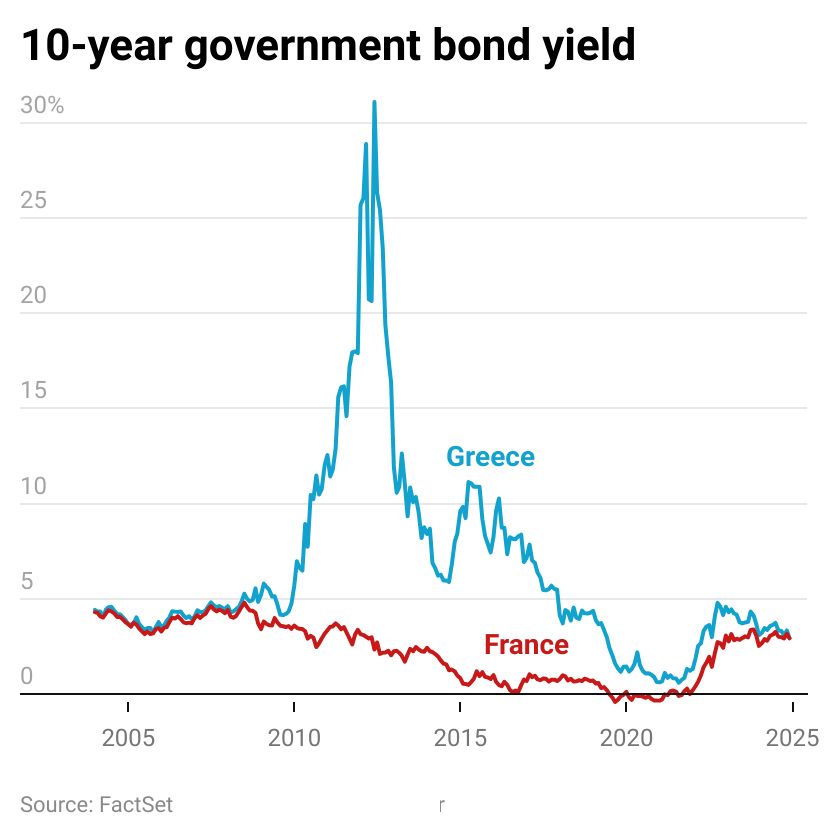#climatecrisis #tippingpoint #auspol www.leeds.ac.uk/news/article...

I’ll start…

I’ll start…
theevreport.com/rheinmetall-...

This is not a simple budget increase. It is an explosion - making ICE bigger than the FBI, US Bureau of Prisons, DEA,& others combined.
It is setting up to make what’s happening now look like child’s play. And people are disappearing.
This is not a simple budget increase. It is an explosion - making ICE bigger than the FBI, US Bureau of Prisons, DEA,& others combined.
It is setting up to make what’s happening now look like child’s play. And people are disappearing.
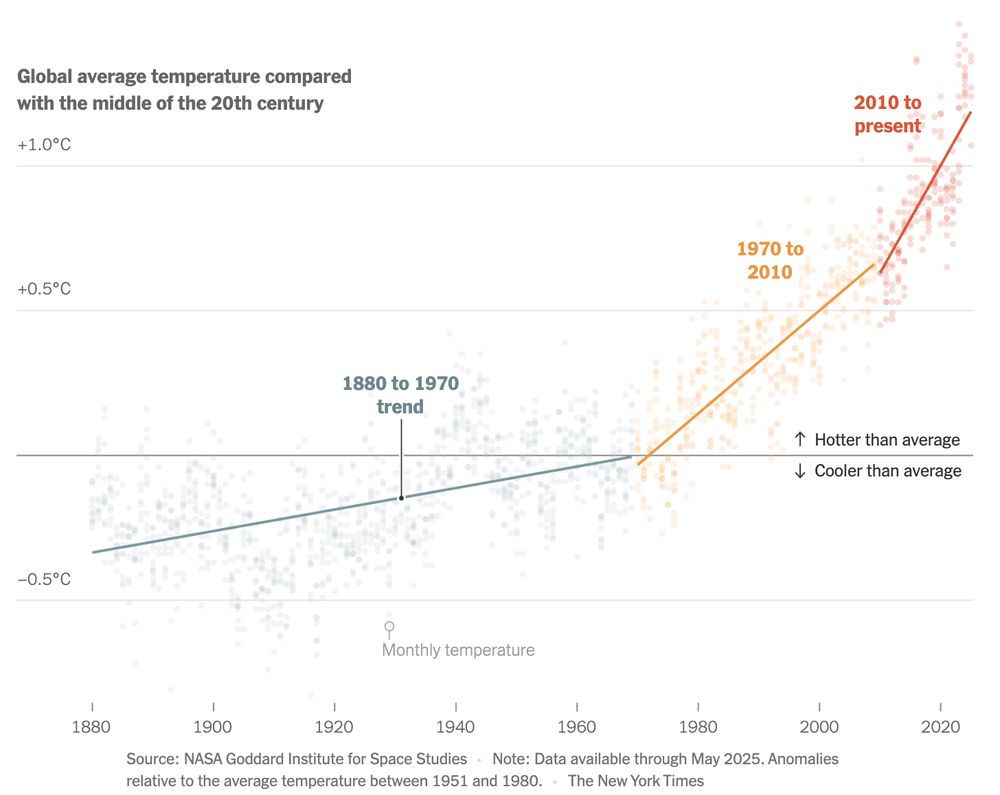
Every fraction of a degree matters.
⬆️ Human induced warming now at 1.36C
⬆️ Rate of warming now 0.27C / decade
⬆️ Sharp increase in Earth's energy imbalance
⬇️ Remaining 1.5C carbon budget only 130 GtCO2
essd.copernicus.org/...
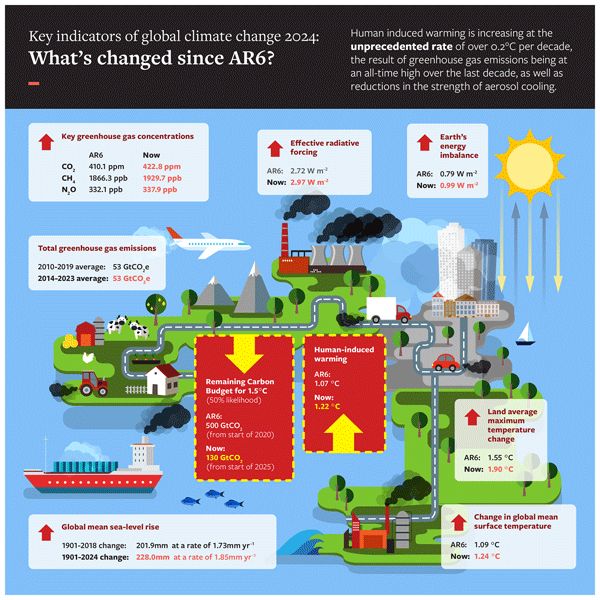
Every fraction of a degree matters.
www.ft.com/content/1edf...

www.ft.com/content/1edf...
Keeping warming below 1.5c is virtually an impossible scenario. But every fraction of a degree matters.
journals.sagepub.com/doi/full/10....
C1/
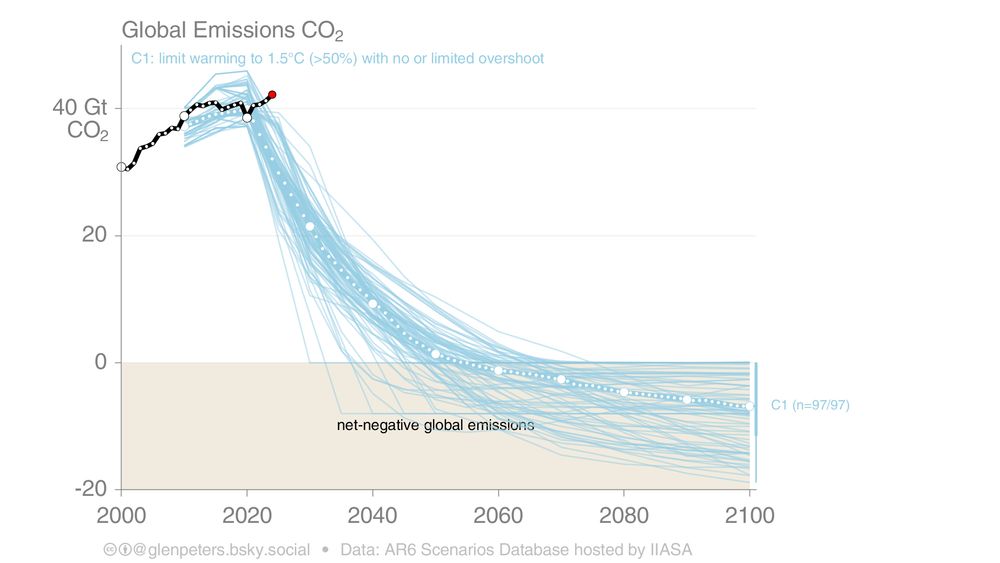
Keeping warming below 1.5c is virtually an impossible scenario. But every fraction of a degree matters.
www.science.org/content/arti...



Advertisement at a London bus stop. Ya gotta love the British…
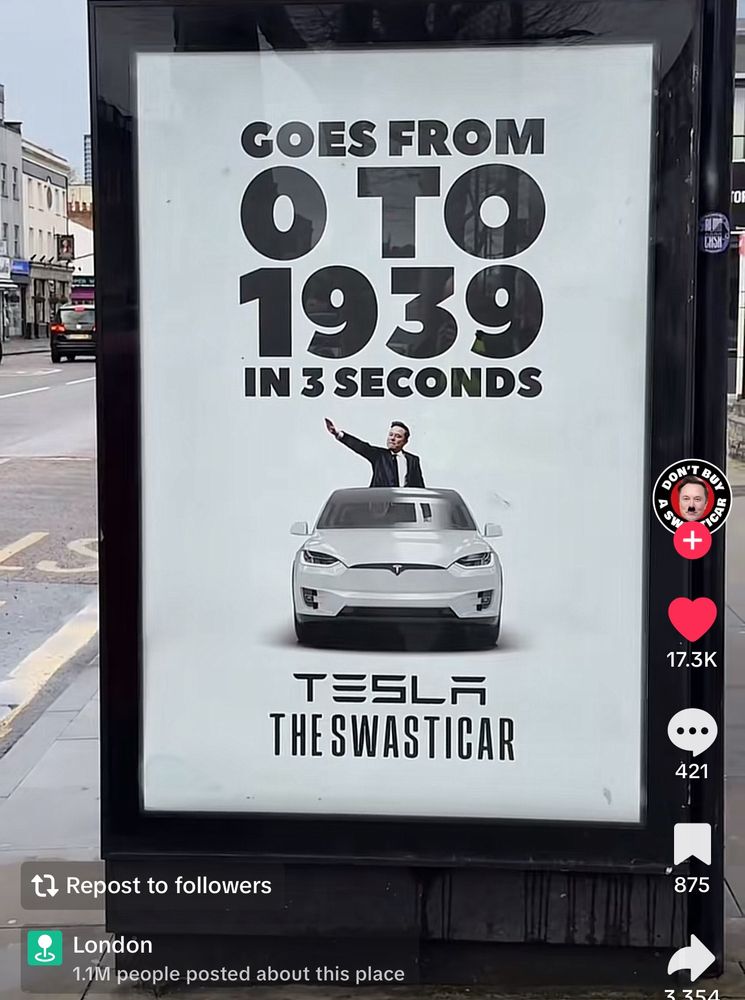
Temperatures in northern Europe would drop drastically, studies suggest.
Our full story on the risks of AMOC collapse:
www.bbc.com/news/article...

Temperatures in northern Europe would drop drastically, studies suggest.
Our full story on the risks of AMOC collapse:
www.bbc.com/news/article...

drawdown.org/insights/how...





